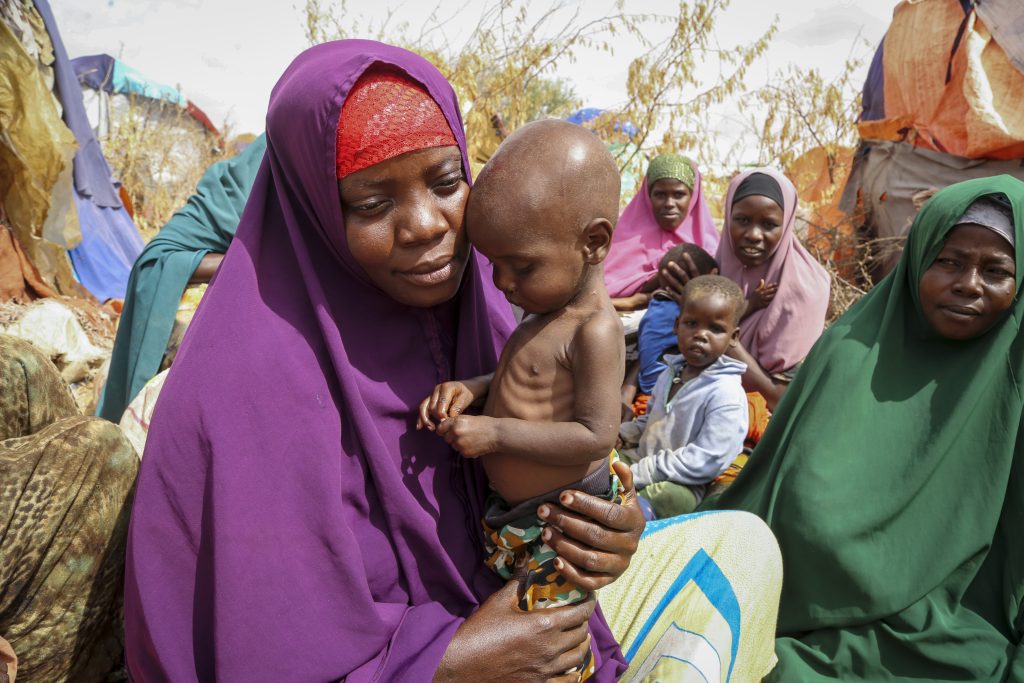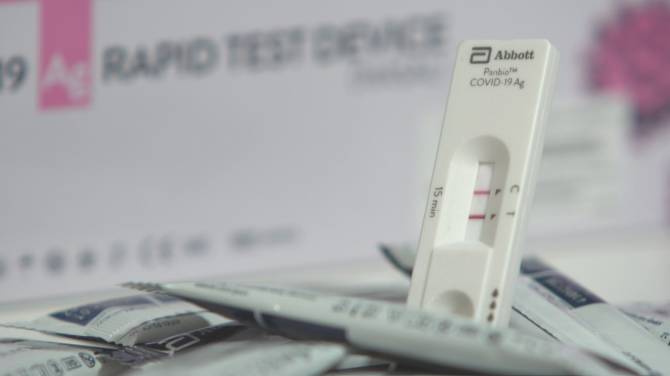Many countries are bouncing back from the pandemic, but the poorest are not and a significant number are seeing their conditions deteriorate, the UN Development Program said Wednesday. COVID-19 Achim Steiner, the head of the agency, mentioned that after two decades in which rich and poor countries were getting closer in terms of development, the finding is a strong warning that nations are now moving apart.
The Human Development Index, which the agency has been producing since 1990, is expected to reach record highs in 2023 after steep declines during the pandemic years of 2020 and 2021.
But development in half of the world’s poorest countries remains below 2019 pre-pandemic levels, according to the report.
At a news conference, Steiner said that we are witnessing development unfolding in very unequal, partially incomplete ways in a world divided between the rich and the poor.
He also mentioned that this matters because it not only creates more vulnerability, but also more misery and prolonged poverty, leading to growing inequality.
The report indicated that the growing inequalities are worsened by the concentration of economic wealth.
The report pointed out that almost 40 percent of global trade in goods is concentrated in three or fewer countries. Additionally, it stated that the stock market value of the three largest tech companies in 2021 – Amazon, Apple, and Microsoft – exceeded the gross domestic product of more than 90 percent of the 193 U.N. member nations that year.
Steiner emphasized that the world’s nations should unite to address major threats in the 21st century, such as climate change, the next pandemic, and the rise of a digital economy and artificial intelligence. However, he warned that there is increasing division and growing frustration and polarization instead.
He noted that a significant response has been the rise of populism, which opposes the elite and is hostile to international cooperation. This, he said, is increasingly dividing societies, radicalizing the political discourse, and essentially turning more and more people against each other.
The report stated that advancing global collective action to address the world’s major challenges is hindered by an emerging “democracy paradox” – 90 percent of people worldwide support democracy, but for the first time over half the respondents in a global survey expressed support for leaders that risk undermining the foundations of democracy.
Steiner mentioned that territorial conflicts will continue to arise, but the threats to human security in the 21st century will often require collaboration.
He added, “We are driving ourselves deeper and deeper into a condition where our ability to solve problems is actually being compromised. You will not stop climate change with missiles. You will not stop the next pandemic at your border with a tank, and you’re certainly not going to stop cybercrime with missiles.”
Steiner stressed the importance of reducing the temperature, misperceptions, and misinformation because they are being weaponized to turn people against each other.
He stated that it's also important to carefully examine the places where inequality has become so extreme that it weakens the political willingness to work together.
The report suggests increasing spending on global public goods that help everyone, including stabilizing the climate and the planet, using new technologies to enhance human development, and improving the global financial system to help low-income countries.
The organization's Human Development Index evaluates important aspects for a lengthy and healthy life, acquiring knowledge, and attaining a decent standard of living.
According to the most recent data from 2022, the top 10 countries with the highest human development scores are Switzerland, Norway, Iceland, Hong Kong, Denmark, Sweden, Germany, and Ireland sharing seventh place, Singapore, and Australia and the Netherlands sharing 10th place. The United States tied with Luxembourg for 20th place.
The 10 nations with the lowest human development were Sierra Leone, Burkina Faso, Yemen, Burundi, Mali, Chad, Niger, Central African Republic, South Sudan, and Somalia. All except Yemen are in Africa.
Many countries are recovering from the COVID-19 pandemic, but the poorest are not, and a significant number are experiencing their situations worsening, according to the UN.





